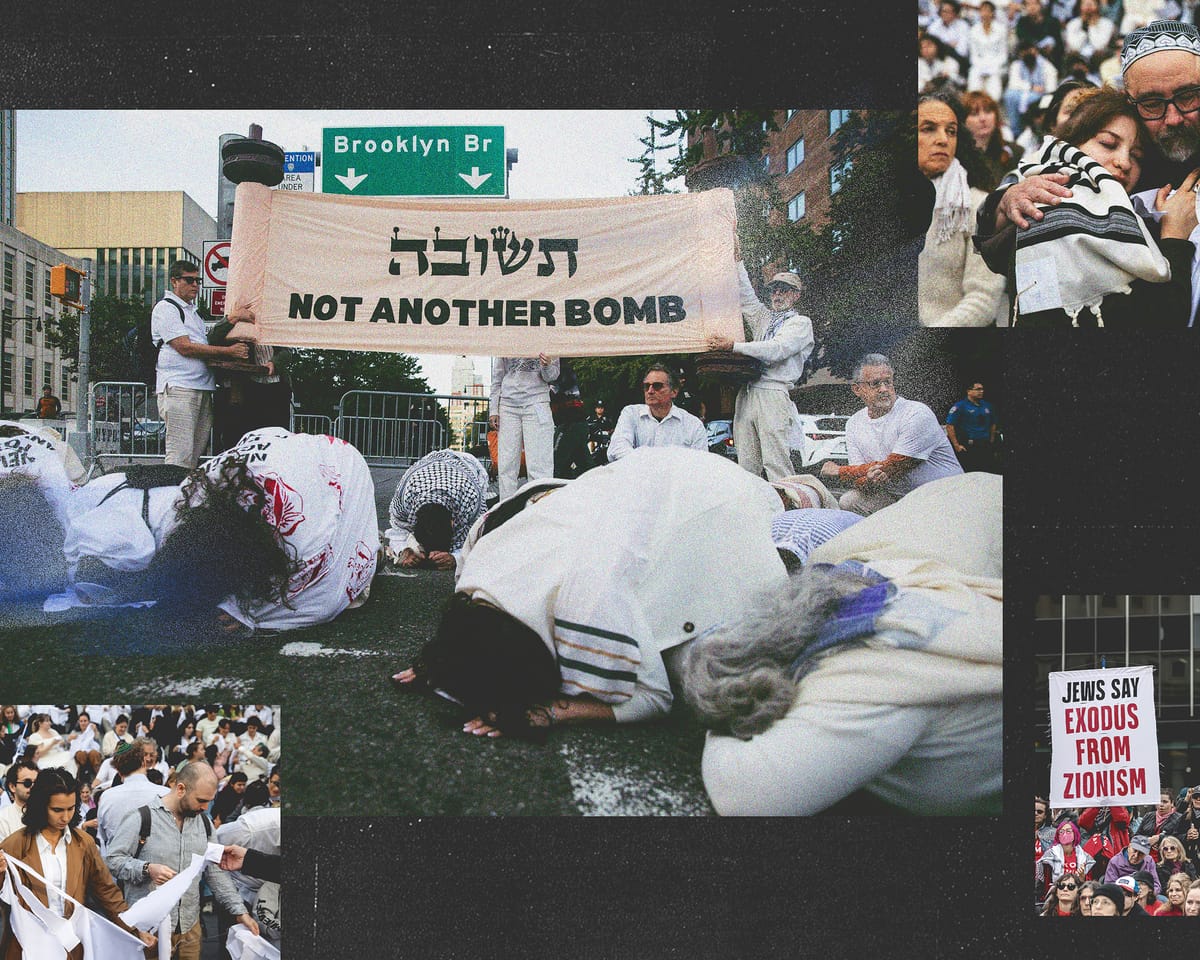Two years have passed since the tragic events of 7 October 2023, an incident that deeply affected Jewish communities worldwide more than any other since Israel’s founding.
For Jews, it was devastating. For Israel, it was a profound humiliation. The founding vision of a Jewish state was built on the promise that such horrors would never be repeated.
A reaction was unavoidable. But the path Israel chose—decimating Gaza, causing widespread civilian casualties—was a deliberate decision. This has made it difficult for many American Jews to reconcile the initial attack with the subsequent actions taken in its name. Now, the community faces a challenge: how to honor the victims of an atrocity while confronting the suffering inflicted on others in their name?
The difficulty of remembrance stems from the lack of agreement on what any of this represents. In fact, among American Jews, the past two years have seen the breakdown of a decades-long alignment on Zionism itself.
Early support for Zionism in the American Jewish community traces back to a 1915 essay by lawyer and future Supreme Court Justice Louis Brandeis, titled *The Jewish Problem; How to Solve It*. However, widespread consensus only solidified after the 1967 Six-Day War. Before that, American Jews held diverse perspectives on the necessity of a Jewish state—Zionists, non-Zionists, and anti-Zionists coexisted in a fragile balance.
This balance endured through the 1950s and 60s, visible in remnants of Jewish socialism, organizations like the non-Zionist American Jewish Committee and the anti-Zionist American Council for Judaism. Louis Finkelstein, chancellor of the Jewish Theological Seminary, viewed Zionism as spiritual rather than political, refusing to allow the Israeli anthem, Hatikvah, at seminary ordinations in the early 1960s. Zionism was not central to Modern Orthodoxy until after 1967. Alternative Jewish identities thrived.
But when Israel defeated its neighbors in the Six-Day War, seizing control of the West Bank, Gaza Strip, Golan Heights, and East Jerusalem, American Jewish perceptions shifted dramatically. Israel’s victory, combined with long-standing fears of another catastrophe, reinforced the belief in the country’s vital role for Jews and became a point of pride. Talk of a "miraculous" triumph and the "liberation" of territory lent Zionism a near-religious fervor. During this period, much of the lingering doubt about Zionism vanished. In the early 1970s, *Commentary* editor Norman Podhoretz famously declared, "We are all Zionists now."
Still, this consensus excluded most ultra-Orthodox Jews, who maintained that a Jewish state should only be established under divine will.
Read next

"Ex-PM urges Macron to call snap election amid France’s escalating political turmoil"
Édouard Philippe Advocates Early Elections Amid France’s Political Stalemate
Édouard Philippe, former French prime minister and a onetime supporter of Emmanuel Macron, has expressed support for early presidential elections, citing the severity of the nation’s political turmoil.
Philippe, a prominent centre-right figure seen as a possible successor to

"Venezuela braces for possible Trump-led regime shift: ‘We are prepared if it occurs’"
The mayor of Caracas arrived at one of the city’s busiest subway stations dressed in a camouflage T-shirt, identifying herself as a dedicated defender—and delivering a defiant statement.
“They act as if they control the world,” Carmen Meléndez said, referring to the Trump administration’s efforts to pressure

"Far right grows angry and vocal as its influence declines, says Sunder Katwala on race and patriotism"
Despite these tensions, Katwala remains optimistic. He points to the diversity of Dartford as evidence that many communities coexist peacefully in modern Britain. The town’s celebrations—Saint George’s Day, VE Day, the Euros—reflect a shared sense of belonging that transcends political divides. "People can take pride

